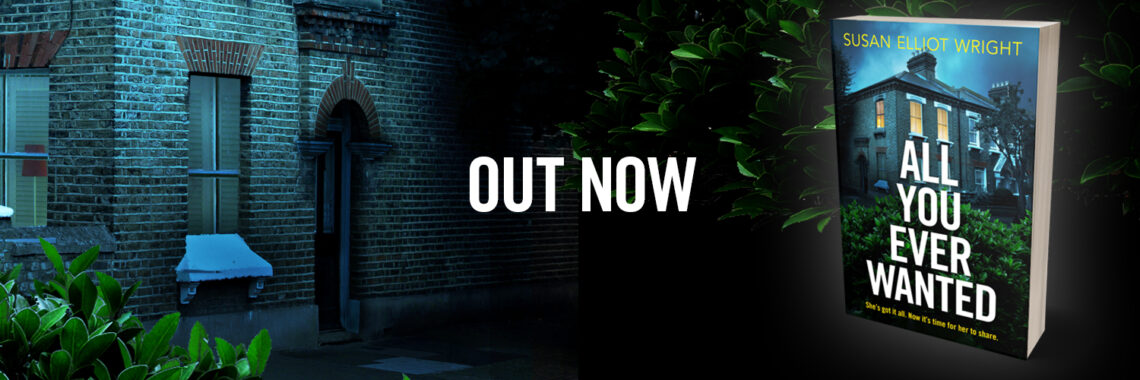In Maternal Mental Health Awareness Week, I’m re-posting the 4-part piece I wrote leading up to publication of The Flight of Cornelia Blackwood last year. It’s about my own mental health in the first days and weeks of motherhood, and why I frequently address this topic in my fiction. It’s too long for one post, so I’ve split it into four, and this is the third post (scroll down for parts one and two)
Lack of sleep
I wasn’t prepared for the level of sleep deprivation that comes with a new baby. When people talked about ‘sleepless nights’ it was with an almost cheery tone. It’s still the same – they see a newborn, then grin widely and say, ‘bet you’re having a few sleepless nights!’ And you’re supposed to smile and nod in return. No-one told me I’d end up crying with tiredness. No-one warned me that when the baby finally slept I would suddenly become sharply alert and completely unable to sleep, terrified that she would die while I slept, or be carried off somewhere by I knew not what or who.
Any ability to concentrate that I had left was soon smashed by a cacophony in my head – snatches of music and voices, some singing, some talking, as though several televisions were on at the same time, all on different channels, all running together in my brain. It was as though my mind was never, ever at rest.
Isolation and the company of crows
With my then husband working nights and sleeping during the day, I spent many hours alone. I didn’t have friends living nearby, and I didn’t drive, so it would often be days before I saw anyone other than my husband, who offered very little support. I spent a lot of time pacing up and down, jiggling my crying daughter on my shoulder and looking out at the wooded area behind our garden, watching and hearing the crows as they came and went. They felt like company. For me, there will always be a strong association between crows and early motherhood, which is one of the reasons I use them to illustrate Leah’s state of mind in The Flight of Cornelia Blackwood.

This is the hardback cover, which I love!
Delusional thinking and paranoia
It was at about this point that I began to imagine that my baby daughter was judging me. She slept so little that she and I inhabited a separate night-time world in which it felt like we were the only people awake, and there was something about the way she would fix her eyes on mine that started to unnerve me. There was a wisdom in her eyes, a knowingness. It was as though she was assessing my competence as a mother and finding it wanting. I became afraid that I wouldn’t be allowed to keep her, that ‘they‘ would come and take her back – don’t ask me who ‘they’ were, because I’ve no idea. This wasn’t like the fear I had later, that social services might take her away because it was clear I wasn’t coping like the women I saw in the magazines, the ones who were all smiling and capable. This was the strange idea that she had been ‘sent’ to me by some indefinable source and that she might report back to them that I was making a pig’s ear of caring for her, and that ‘they’ would therefore take her back.
I remember also that my sensory perception became skewed. Noises seemed extra-loud and colours brighter than they should be. My perception of the size of things went wrong, too. It wasn’t just that they looked bigger than they were, it was as if I could sense their density and bulk, and it was massively out of proportion. It was worse at night when I was at my most tired. I’d look at the lamp, say, or the pillow, and I’d feel overwhelmed, almost engulfed by its apparent hugeness. It was terrifying.
I’m not sure how long this went on for, but certainly a few weeks, possibly months. I didn’t tell anyone, and no-one noticed except my sister, but she was only 19 and didn’t know what to do. But gradually, I stopped seeing bodies in the trees and I had fewer nightmares. The paranoia lasted longer, and it was a long time before I was able to stop thinking about scenarios in which something happened to my baby – everything from illness to accidents to kidnapping. I also feared there would be a nuclear war any day, and that I’d be killed and Emma would be left unprotected in a post-apocalyptic world. My mind was like a horror film.
The beginnings of recovery
As the weirdness slowly faded, it was replaced by more common symptoms of depression. I was tearful and anxious, I felt down all the time, and guilty for bringing a child into such a terrible world. But things were less scary. My stitches healed slowly – it was eight months before I could have sex again but Dr Snooker-fan had done a good job with the needle so there were no long-lasting problems. I didn’t recognise my depression, though, and it was only much later when a new health visitor asked me how I was coping that I broke down and sobbed for about fifteen minutes.
Final post tomorrow.
